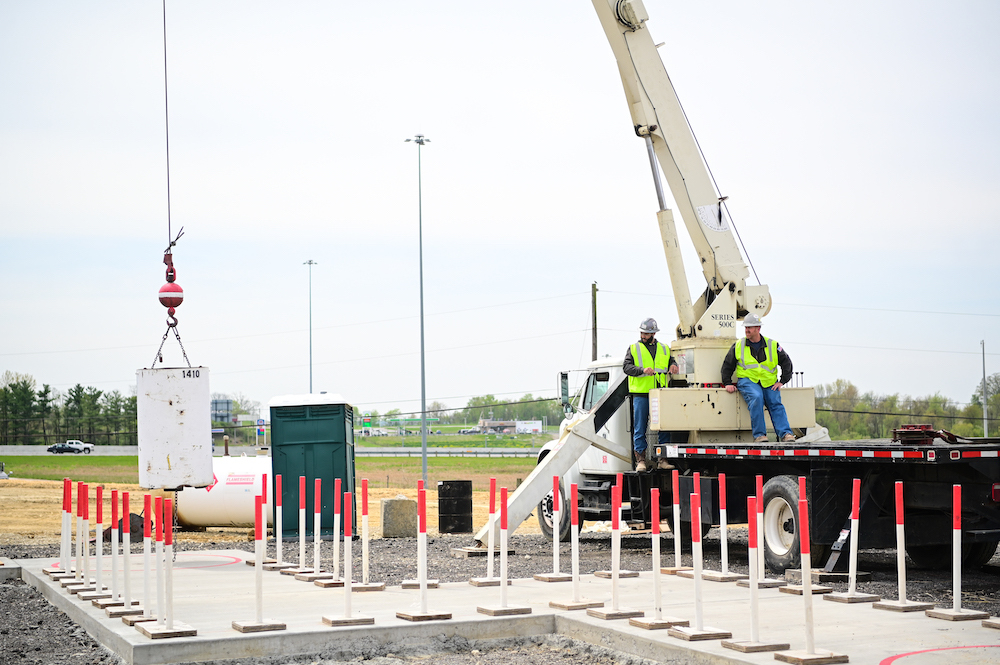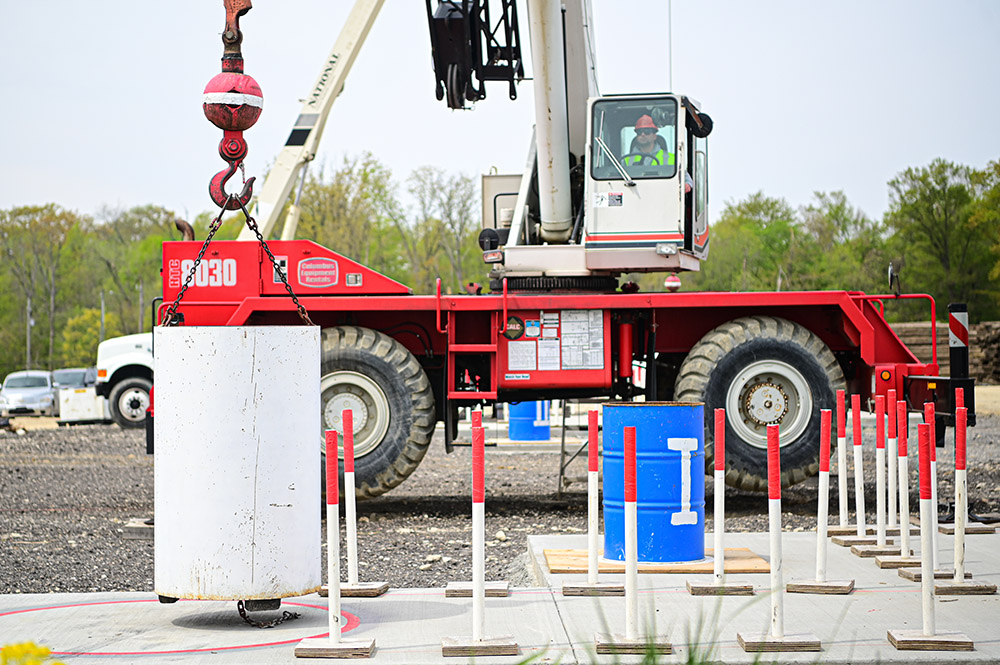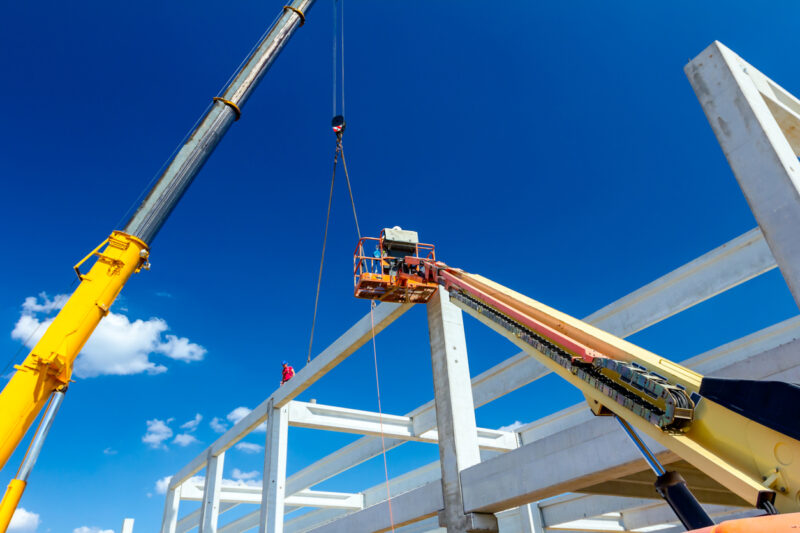Are you drawn to the towering silhouettes of cranes against the skyline, their compelling dance orchestrated by skilled hands? Becoming a crane operator might just be your gateway into a thrilling career that combines precision, responsibility, and the ever-changing dynamics of construction. This ultimate guide is designed to illuminate the path to this pivotal role in the construction industry—from the essential certifications to on-the-job training, and even the nuances of what makes a great operator.
Whether you’re starting from scratch or contemplating a career shift, you’re about to dive into a world filled with enormous machines, intricate mechanics, and the satisfaction of lifting entire structures into place. Ready to raise the bar? Let’s explore the steps to embark on this exciting journey together!
Requirements to Become a Crane Operator

To become a crane operator, aspiring candidates must meet a variety of essential requirements that ensure both safety and proficiency in this demanding field. First and foremost, a high school diploma or equivalent is typically necessary, laying the groundwork for technical understanding and basic math skills. Furthermore, obtaining a crane operator certification from a recognized authority, such as the National Commission for the Certification of Crane Operators (NCCCO), is crucial; this credential showcases the operators ability to handle specific types of cranes safely and efficiently.
Experience plays a pivotal role as well—many positions demand several years of working under the supervision of seasoned professionals. Additionally, prospective operators should possess strong communication skills, as collaborating with ground crew members is often essential for the safe maneuvering of heavy equipment.
Its also worth noting that having a clean driving record and passing medical examinations are key components of the hiring process, ensuring that operators are not only skilled but also reliable and healthy enough to handle the physical demands of the job.
Training and Certification

Training and certification are pivotal stepping stones on your journey to becoming a skilled crane operator. Initially, aspiring operators typically enroll in specialized training programs offered by community colleges, vocational schools, or dedicated crane training centers.
These courses combine classroom instruction with hands-on experience, covering everything from safety protocols to mechanical operations and load management. As you immerse yourself in this rigorous training, youll gain invaluable insights into the various types of cranes, their components, and the nuances of different job sites.
Once you’ve honed your skills, obtaining certification from a recognized body, such as the National Commission for the Certification of Crane Operators (NCCCO), is essential. This certification not only validates your expertise but also significantly enhances your employability in a competitive job market.
With dedication and a commitment to safety, youll navigate this intricate landscape, ensuring that youre well-equipped to handle the challenges and responsibilities that come with operating heavy machinery.
Choosing the Right Crane Type to Operate

Choosing the right crane type to operate is a pivotal step in your journey to becoming a proficient crane operator, as each crane is tailored for distinct functions and challenges. From the towering lattice structure of a tower crane that soars high above the skyline, ideal for skyscraper construction, to the nimble reach of a boom truck, perfect for maneuvering in tight urban spaces, understanding the specific strengths and limitations of each type is essential.
Additionally, consider the load capacities, operating environments, and even the terrain where youll be working. Will you be lifting heavy steel beams on a construction site or performing delicate operations in an industrial warehouse? Assessing your goals, interests, and the requirements of potential employers can help steer your decision.
Ultimately, the right crane not only matches your skill set but will also open doors to diverse opportunities in the thriving field of crane operation.
Conclusion
In conclusion, embarking on a career as a crane operator can be a rewarding endeavor filled with exciting opportunities and challenges. By following the steps outlined in this ultimate guide, from obtaining the necessary certifications to gaining hands-on experience, you will be well on your way to building a successful career in this vital industry.
Whether you choose to specialize in operating a tower crane, a mobile crane, or a gantry crane, securing your gantry crane ticket will be an essential milestone in your journey. As you hone your skills, prioritize safety, and continue to learn, youll not only enhance your employability but also contribute to the safe and efficient operation of construction and manufacturing projects.
With dedication and perseverance, you can carve out a fulfilling path as a professional crane operator.


